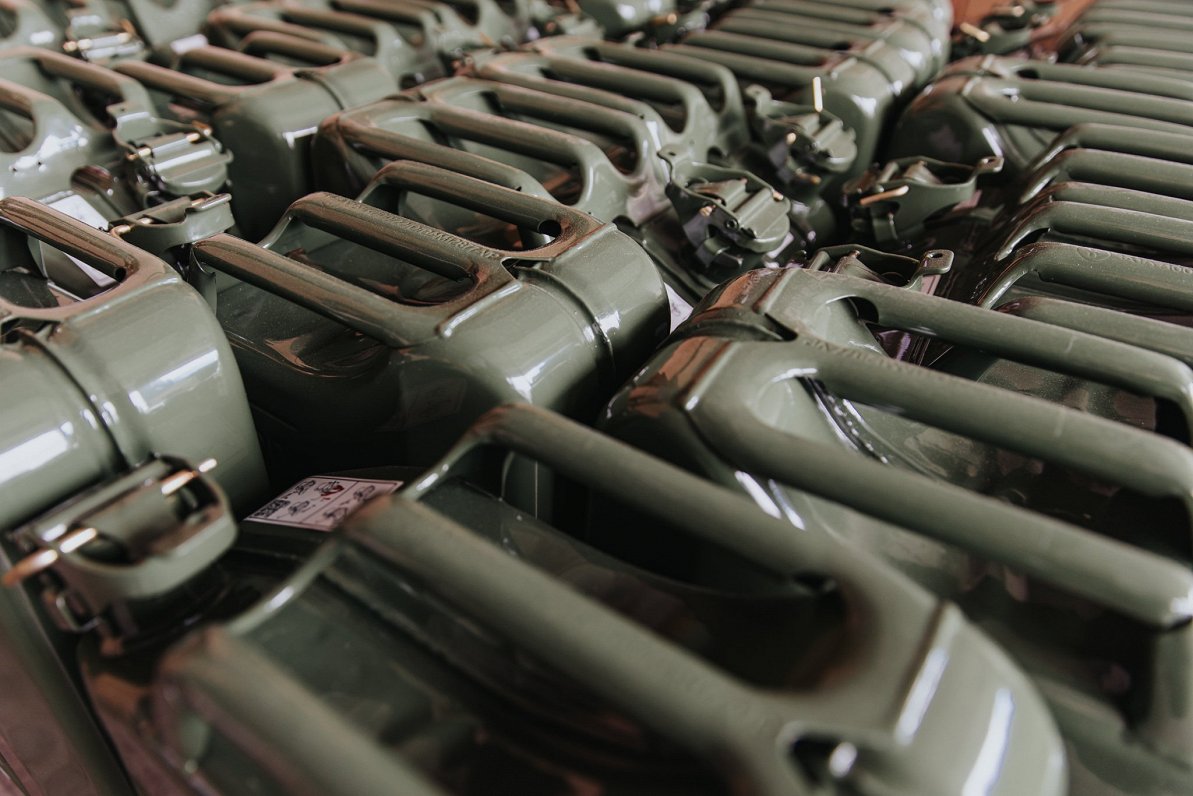The change will have an impact on end consumers: the price of fuel per liter could rise by about two cents this year. However, according to the Ministry of Economics, in the long term, the new model will be much more beneficial for both the state and its residents.
Economics Minister Viktors Valainis (Union of Greens and Farmers) described the way Latvia's oil reserves have been kept thus far as follows: for a moment they were stored “on paper” in Europe, for a moment in Latvia. However, it was all abstract – in case of an emergency.
The country has not, in practice, had its reserves so far, it has only bought the opportunity to buy oil every year in a crisis. The model will be changed.
From now on, the Latvian state will have its own, physically tangible reserves, which will be stored in different places in Latvia and which can indeed be reckoned with.
“We remember that we saw at the very beginning of the Covid-19 crisis how these international treaties work. At a moment when masks and vaccines need to be delivered, even within the European Union's internal market, borders are closing, and each country is starting to defend its own market. So it is very important to remember these recent lessons and yet to take care of strategic things to keep them right here,“ explained Valainis.
Along with such improvement in the security of supply, the Ministry of Economics promises a large amount of money savings – EUR 877 million over a decade. But there will be no savings for fuel buyers in the short term.
Car users are already paying for maintaining oil reserves. Last year, reserves cost five cents for each liter of fuel. And no matter how fuel reserves are stored, it will be seven cents this year.
“If we just maintained the existing system, then actually this year would pay the same as with the new model. But we will pay less for the transition to the new model next year. And even less in the future, resulting in significant savings,” explained Kaspars Kotiņš, board Member of the public asset manager "Publisko aktīvu pārvaldītājs Possessor".
The Latvian Association of Fuel Traders also supports the changes. From now on, oil will have to be stored at oil companies – in their tanks. Latvian traderswill have enough capacity for such a service, said Ojars Karčevskis, head of the association.
“The only question is who will offer the most advantageous storage service. Both in price, logistics and place, because it's also important where to store so it's closer to direct consumption,” Karchevsky said.
A call for tenders will still be launched to resolve this issue. As the two systems, old and new, will work in parallel this year, a purchase has also been announced for reserving oil in the old system. Several companies have disputed this, which, referring to the publisher of the tender, the State Construction Control Bureau, is unhappy that the state will not reserve fuel in the past amounts.




























